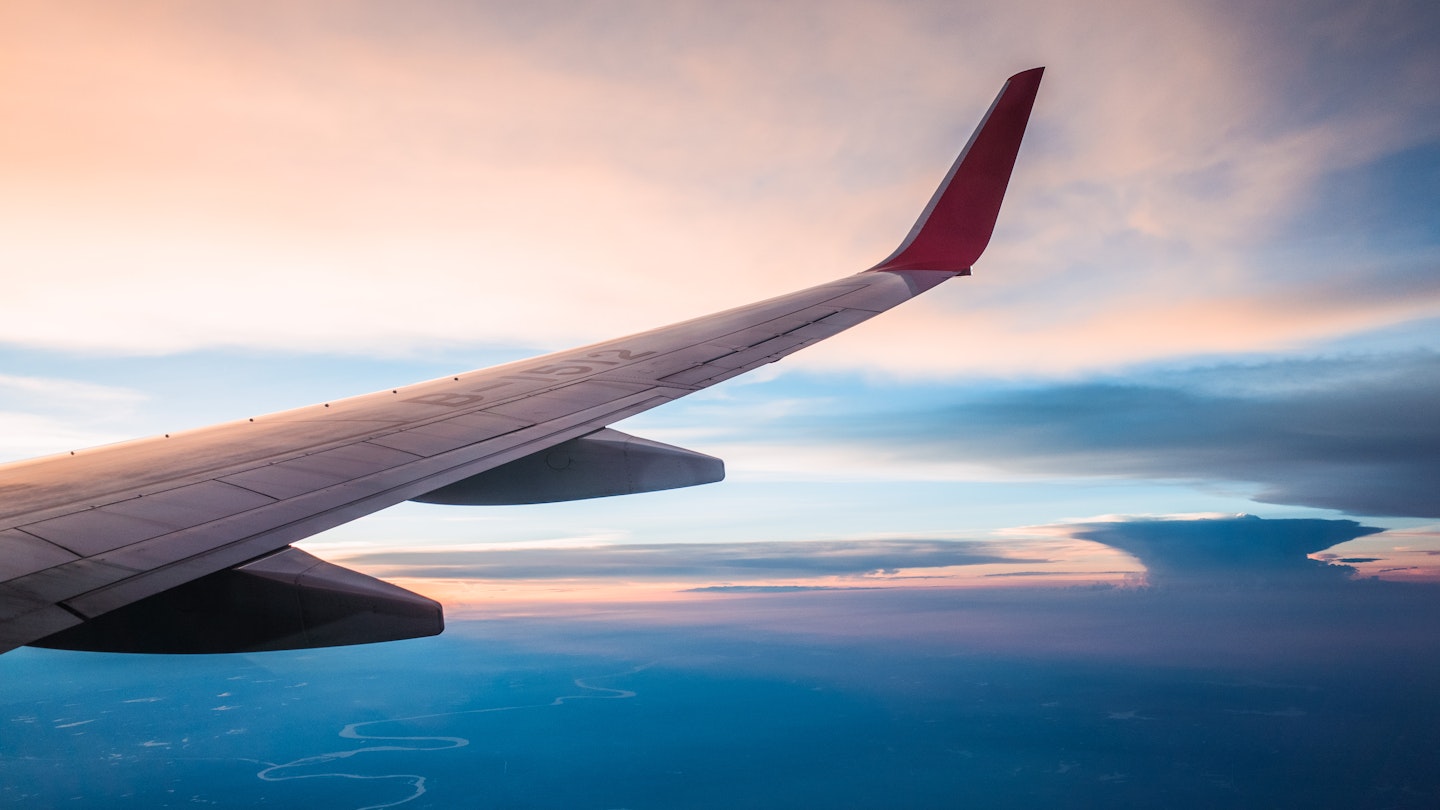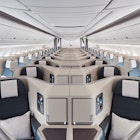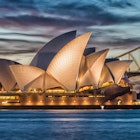
Half of air travel emissions are caused by 1% of the world’s population
Nov 19, 2020 • 2 min read

Half of air travel emissions are caused by 1% of the world’s population © MirageC/Getty Images
A new study has found that just 1% of the world’s population was responsible for half of aviation’s carbon emissions in 2018. It also found that private air travel is the most energy-intense form of flight, and says that individual users of private aircraft can contribute to emissions of up to 7500 tonnes of CO2 per year.
According to the study by Stefan Gössling and Andreas Humpe, the share of the world’s population traveling by air in 2018 was 11%, with 4% at most taking international flights. Its analysis suggests that a minor share of air travelers – at most 1% of the world population – is responsible for a large share of warming, with these frequent flyers accounting for more than half of the total emissions from passenger air travel.

In addition, these very high-emitters are geographically located in a few countries. The study found that airlines produced a billion tonnes of CO2 that year, with US air passengers' emissions being larger than the combined emissions of the 10 countries that came next on the list. It says that these frequent air travelers are very wealthy individuals, and the effect of market-based measures on reducing their emissions is debatable, specifically in regard to industry plans for mitigation.
According to the study's authors, the conclusions of the study highlight the need for aviation climate governance, possibly at national and regional levels, to tackle emissions from aviation. "The ongoing COVID-19 pandemic represents an opportunity to rethink aviation in terms of demand distributions, air transport wants and needs (private aircraft, first-class suites), as well as aviation’s growth trajectory under recovery scenarios and the sector’s growing interference with mitigation goals," they say.
"The global scale, distribution and growth of aviation: Implications for climate change" by Stefan Gössling and Andreas Humpe is published in ScienceDirect and you can read it here.
You might also like:
This Spanish city is the first to measure tourism's carbon footprint
Copenhagen aims to be carbon-neutral by 2025 – here’s what that means for travelers
These outdoor and travel brands are taking on carbon neutrality in 2020
Explore related stories



 Destination PracticalitiesTraveling to Europe? New entry requirements may impact your visit
Destination PracticalitiesTraveling to Europe? New entry requirements may impact your visitJul 23, 2025 • 6 min read
 Destination PracticalitiesHow to explore Florida by car, train and water taxi
Destination PracticalitiesHow to explore Florida by car, train and water taxiMay 27, 2025 • 5 min read

 Destination PracticalitiesThe best way to see Alaska by boat, train, plane, car or RV
Destination PracticalitiesThe best way to see Alaska by boat, train, plane, car or RVJan 24, 2025 • 8 min read

 Air TravelSummer flying forecast in the US: pricey, crowded and unpredictable. Here's how to prepare
Air TravelSummer flying forecast in the US: pricey, crowded and unpredictable. Here's how to prepareMay 1, 2023 • 3 min read
 Air TravelSydney to be directly connected with NYC and London on these non-stop flights
Air TravelSydney to be directly connected with NYC and London on these non-stop flightsMay 3, 2022 • 3 min read
